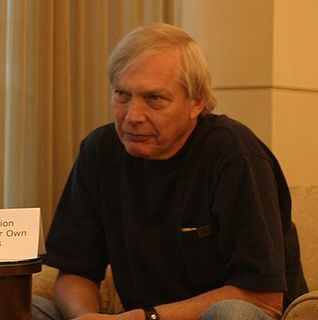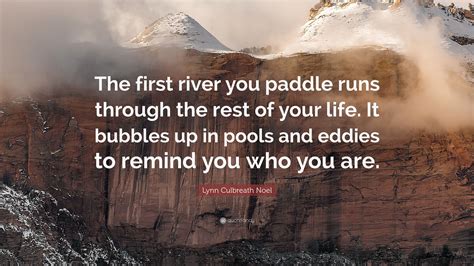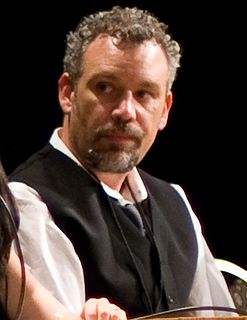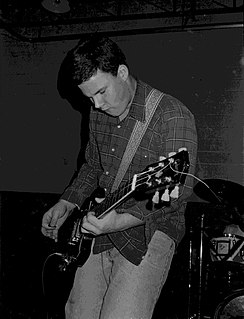A Quote by Bob Edwards
At a tiny station in New Albany, Indiana, which is right across from the river from Louisville, Kentucky, where I grew up. The Louisville stations were loath to hire beginners, so I had to go across the river.
Related Quotes
Nobody can build the bridge for you to walk across the river of life, no one but you yourself alone. There are, to be sure, countless paths and bridges and demi-gods which would carry you across this river; but only at the cost of yourself; you would pawn yourself and lose. There is in the world only one way, on which nobody can go, except you: where does it lead? Do not ask, go along with it.
Louisville is a place with no labels. It’s not the South, it’s not Chicago, and you don’t think of it as you think of New York or LA. It has some Southern romanticism to it, but also a Northern progressivism, this weird urban island in the middle of the state of Kentucky that has always provided a fertile, often dark, bed. For us, Louisville and the surrounding areas are the center of massive creativity and massive weirdness. The place has its flaws: You move away, but you’re always going to come back.
In 1841 you and I had together a tedious low-water trip, on a Steam Boat from Louisville to St. Louis. You may remember, as I well do, that from Louisville to the mouth of the Ohio there were, on board, ten or a dozen slaves, shackled together with irons. That sight was a continual torment to me; and I see something like it every time I touch the Ohio, or any other slave-border.
I came back to Louisville after the Olympics with my shiny gold medal. Went into a luncheonette where black folks couldn't eat. Thought I'd put them on the spot. I sat down and asked for a meal. The Olympic champion wearing his gold medal. They said, "We don't serve niggers here." I said, "That's okay, I don't eat 'em." But they put me out in the street. So I went down to the river, the Ohio River, and threw my gold medal in it.
I have transported many, thousands; and to all of them, my river has been nothing but an obstacle on their travels. They travelled to seek money and business, and for weddings, and on pilgrimages, and the river was obstructing their path, and the ferryman's job was to get them quickly across that obstacle. But for some among thousands, a few, four or five, the river has stopped being an obstacle, they have heard its voice, they have listened to it, and the river has become sacred to them, as it has become sacred to me.
It's hard to see a river all at once, especially in the mountains. Down on the plains, rivers run in their course as straightforward as time, channeled toward the sea. But up in the headwaters, a river isn't a point where you stand. In the beginnings of the river, you teeter on the edge of a hundred tiny watersheds where one drop of water is always tipping the balance from one stream to another. History changes with each tiny event, shaping an outcome that we can only fully grasp in hindsight. And that view changes as we move farther downstream.
I was a very quiet, shy child. I grew up in a small town, Louisville, Kentucky, and there weren't too many Hawaiian-Filipino girls, so I stuck out like a sore thumb. I didn't look like everyone else and didn't feel I belonged... But these things only build character and make you stronger. It taught me to grow into the woman I was to become.

































